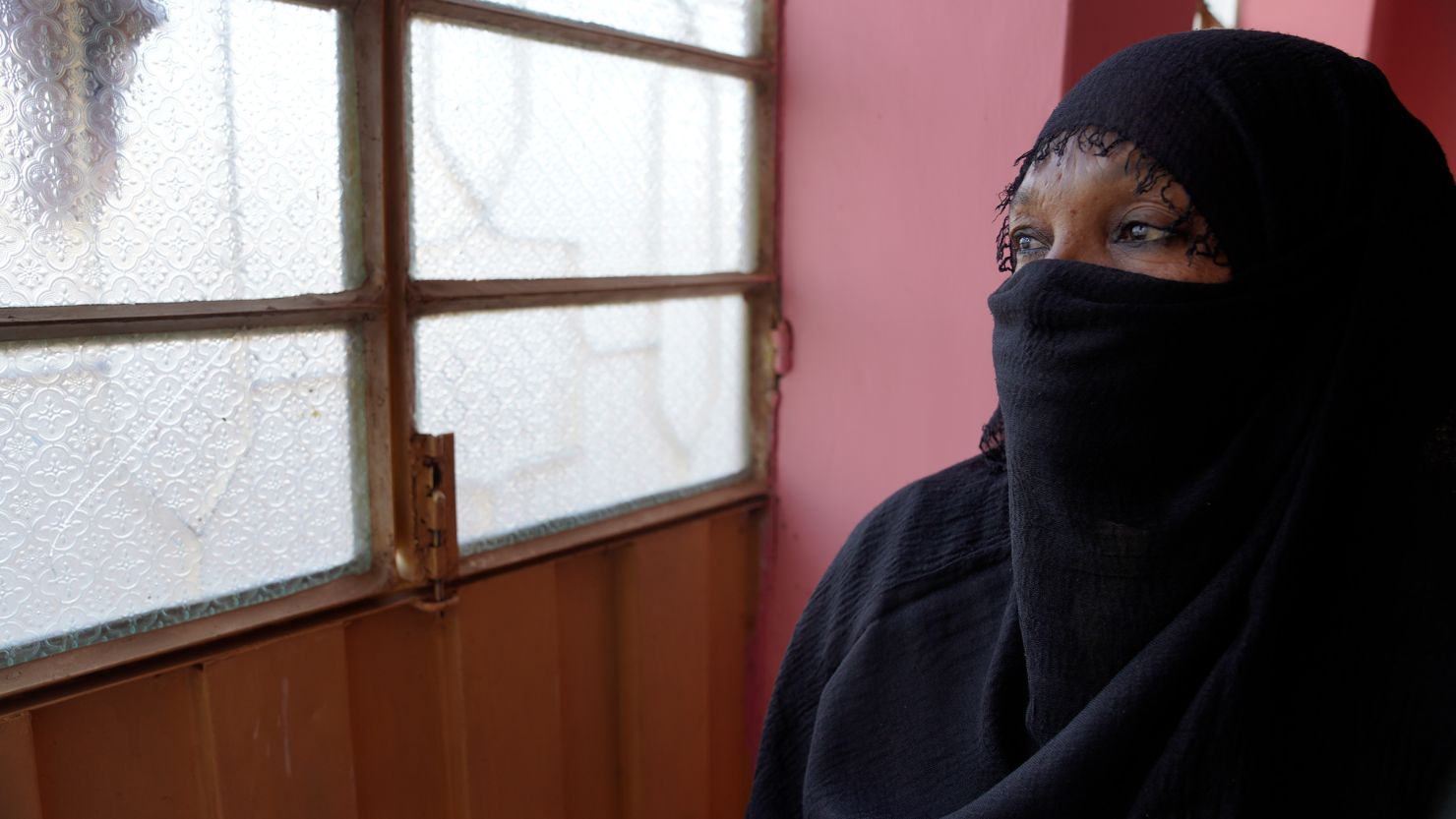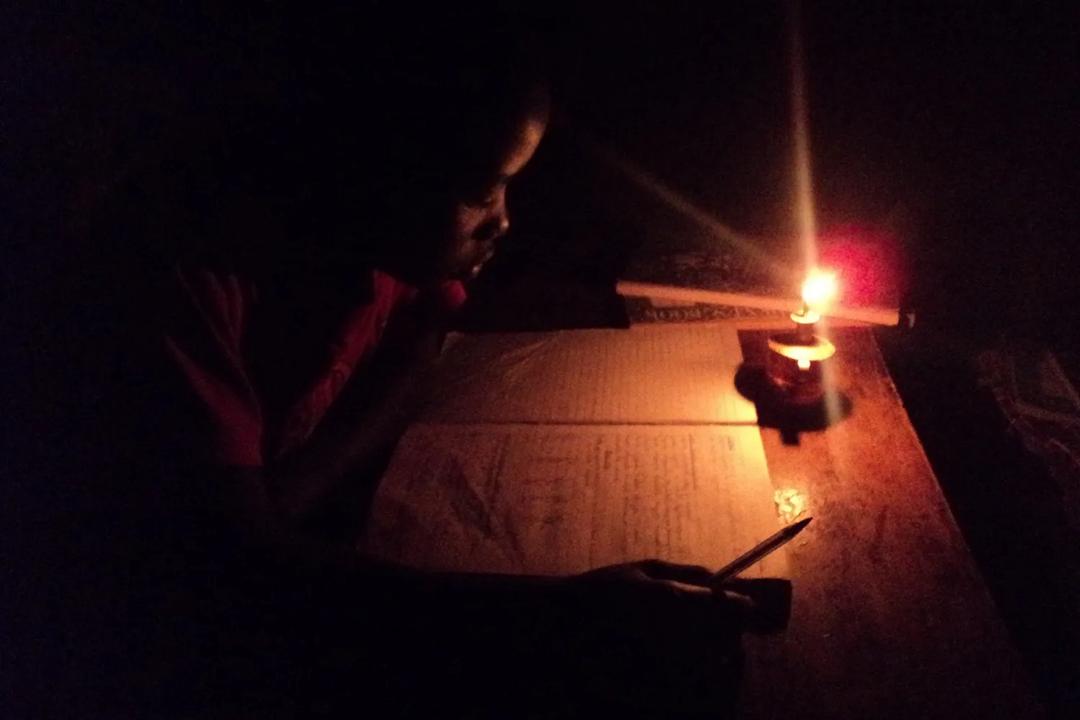WHEN Else Eiseb was 12 she had her first seizure and at age 13 she was diagnosed with epilepsy.
Today she is a mother of two small children and a successful businesswoman who has learned to live with her epilepsy and does not let it rule her life. She had her last seizure in March 2006.The word epilepsy means a tendency to have recurrent seizures.A seizure is caused by abnormal chemical activity in the brain.There are different forms of epilepsy and types of seizures and each person is unique.It is not a mental illness or psychiatric disorder and most forms can be controlled with medication.Epilepsy is not infectious or contagious and about one in every 100 people has it.There are three general types of seizures, namely generalised absence, generalized tonic clonic and complex partial.A person with the generalised absence type of epilepsy merely looks blank and stares into space.There may be blinking or slight twitching.This will last only a few seconds and then normal activity continues.The common sequence for the generalised tonic clonic type of epilepsy is staring, stiffening of the body, possibly a blue colour around the mouth and jerking movements.As breathing restarts, normal colour returns.People should not restrict the movement of a person experiencing such a seizure.The person should be turned onto his or her side to aid with breathing.No one should put their fingers into the mouth of a person seizing, as this could be dangerous to both people.A complex partial seizure may start with a warning or “aura”.The person may appear confused or distracted and there may be repetitive movements like plucking at clothes.Until recently, there was no support group in Namibia for people with epilepsy.That was until Hermiena Riphagen moved here from South Africa.She had been working with Epilepsy South Africa for years, and with the help of the International Bureau of Epilepsy she met Eiseb and the two women founded Epilepsy Namibia in June this year.One of the main aims of Epilepsy Namibia is to empower people with epilepsy to take their place in their communities and to bring epilepsy “out of the shadows and into the light”.People with epilepsy have to deal with stigmatisation, discrimination and isolation.Ignorance about epilepsy leads the public to classify people with epilepsy as disturbed, crazy or under-developed.A higher prevalence of epilepsy is found in countries where tropical diseases are common, and diseases like meningitis, malaria, HIV-AIDS and tapeworm can also lead to epilepsy.Tapeworms are one of the main causes of epilepsy in children.The worm lays eggs in the intestine, which travel through the bloodstream into the brain where they leave behind lesions on the brain which can cause seizures.War-torn countries also have a slightly higher rate of epilepsy because of head injuries and trauma.There are currently no statistics on people with epilepsy available in Namibia.Epilepsy Namibia wants to give talks at schools to educate children about the condition.”I was very lucky, as both my parents are professional nurses and they could explain to me in a language which I could understand as a child what was happening in my brain when I was first diagnosed,” says Eiseb.Many children are not so fortunate, and understanding that epilepsy does not need to change your life is very important.With the right medication, and an adapted lifestyle with regular exercise, good nutrition and a healthy social life, a person with epilepsy can have a normal life like any other person.It is also of utmost importance for people with epilepsy to inform the people around them, such as their friends, family and co-workers, about their condition so that they can help when a seizure occurs.This helps to ensure that these people are prepared and do not start to panic when the person suffers a seizure.Epilepsy Namibia aims to give support to people with epilepsy and to educate those without, to create better understanding of epilepsy and to eliminate some of the stigmatisation surrounding it.Anybody needing more information on the subject, anybody needing help or support, or any person with epilepsy is welcome to phone Riphagen at 081 322 6834 or send an e-mail to namep@epilepsynamibia.org.There is also website with more information on epilepsy at www.epilepsynamibia.org.She had her last seizure in March 2006.The word epilepsy means a tendency to have recurrent seizures.A seizure is caused by abnormal chemical activity in the brain.There are different forms of epilepsy and types of seizures and each person is unique.It is not a mental illness or psychiatric disorder and most forms can be controlled with medication.Epilepsy is not infectious or contagious and about one in every 100 people has it.There are three general types of seizures, namely generalised absence, generalized tonic clonic and complex partial.A person with the generalised absence type of epilepsy merely looks blank and stares into space.There may be blinking or slight twitching.This will last only a few seconds and then normal activity continues.The common sequence for the generalised tonic clonic type of epilepsy is staring, stiffening of the body, possibly a blue colour around the mouth and jerking movements.As breathing restarts, normal colour returns.People should not restrict the movement of a person experiencing such a seizure.The person should be turned onto his or her side to aid with breathing.No one should put their fingers into the mouth of a person seizing, as this could be dangerous to both people.A complex partial seizure may start with a warning or “aura”.The person may appear confused or distracted and there may be repetitive movements like plucking at clothes.Until recently, there was no support group in Namibia for people with epilepsy.That was until Hermiena Riphagen moved here from South Africa.She had been working with Epilepsy South Africa for years, and with the help of the International Bureau of Epilepsy she met Eiseb and the two women founded Epilepsy Namibia in June this year.One of the main aims of Epilepsy Namibia is to empower people with epilepsy to take their place in their communities and to bring epilepsy “out of the shadows and into the light”.People with epilepsy have to deal with stigmatisation, discrimination and isolation.Ignorance about epilepsy leads the public to classify people with epilepsy as disturbed, crazy or under-developed.A higher prevalence of epilepsy is found in countries where tropical diseases are common, and diseases like meningitis, malaria, HIV-AIDS and tapeworm can also lead to epilepsy.Tapeworms are one of the main causes of epilepsy in children.The worm lays eggs in the intestine, which travel through the bloodstream into the brain where they leave behind lesions on the brain which can cause seizures.War-torn countries also have a slightly higher rate of epilepsy because of head injuries and trauma.There are currently no statistics on people with epilepsy available in Namibia.Epilepsy Namibia wants to give talks at schools to educate children about the condition.”I was very lucky, as both my parents are professional nurses and they could explain to me in a language which I could understand as a child what was happening in my brain when I was first diagnosed,” says Eiseb.Many children are not so fortunate, and understanding that epilepsy does not need to change your life is very important.With the right medication, and an adapted lifestyle with regular exercise, good nutrition and a healthy social life, a person with epilepsy can have a normal life like any other person.It is also of utmost importance for people with epilepsy to inform the people around them, such as their friends, family and co-workers, about their condition so that they can help when a seizure occurs.This helps to ensure that these people are prepared and do not start to panic when the person suffers a seizure.Epilepsy Namibia aims to give support to people with epilepsy and to educate those without, to create better understanding of epilepsy and to eliminate some of the stigmatisation surrounding it.Anybody needing mo
re information on the subject, anybody needing help or support, or any person with epilepsy is welcome to phone Riphagen at 081 322 6834 or send an e-mail to namep@epilepsynamibia.org.There is also website with more information on epilepsy at www.epilepsynamibia.org.
Stay informed with The Namibian – your source for credible journalism. Get in-depth reporting and opinions for
only N$85 a month. Invest in journalism, invest in democracy –
Subscribe Now!










